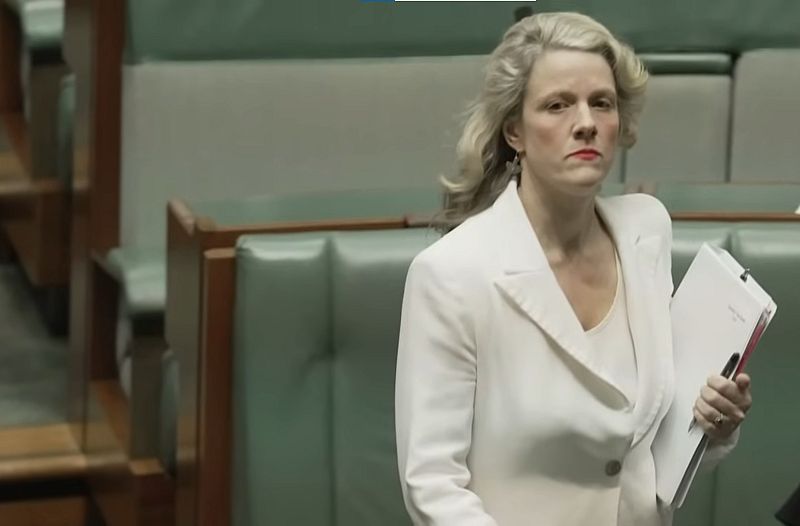The High Court's decision to prohibit indefinite detention provided the Government with an opportunity to institute reforms to better respect human rights, though that opportunity was missed, writes Max Costello.
ON 8 NOVEMBER 2023 Stephen Gageler, the recently appointed Chief Justice of the High Court of Australia, announced that “at least a majority” of the judges who had just heard a case involving the Migration Act 1958 (Cth) agreed that indefinite immigration was unconstitutional.
In that context, the Albanese Labor Government could have taken four major human rights related initiatives.
Initiative one was to assert, correctly, that non-citizen offenders released into the community after serving time in prison for serious offences A, B, or C pose no more of a risk to the community than citizen offenders who’ve also done time for offences A, B, or C.
Following on, initiative two was to assert, correctly, that the criminal justice system already has – and routinely uses – powers to control releasees who pose serious risks.
The most well-known example is the regime of monitoring, reporting to police and other stipulations imposed on sex offenders, whose names are placed on a sex offenders register, and who, if their offending involved children or domestic violence, are prohibited from living or going near specified persons and/or locations.
Accordingly, the Government should have announced that the 93 detainees the Department of Home Affairs said would have to be released following the High Court ruling could also be subject to monitoring and controls, but only if the severity and nature of their offending so required.
Therefore, any serious risks to the community that any of the released non-citizen offenders posed would be aptly managed, just as ex-prisoner citizen offender risks are routinely managed.
Implementing that conceptual equivalence would entail some administrative complexity, involving, for example, visa conditions and liaison with state and territory law enforcement agencies, but the Government’s basic message should have been simple: in principle, there’s almost "nothing to see here".
Building on one and two, the Government should have declared – this is initiative three – that the malevolent, decades long demonisation of refugees and people seeking asylum, implying that almost all of them are uniquely dangerous criminals, must now come to an end.
Initiatives one to three are largely reactive. Potential initiative four is pro-active. It’s proposed by recommendations two and three of the Refugee Action Collective Victoria’s submission to the Inquiry into Australia’s Human Rights Framework being conducted by the Parliamentary Joint Committee on Human Rights.
In part it reads:
2. (c) instead of cancelling the visas of those suspected of not passing the [Migration Act’s] section 501 character test (notably those charged with offences carrying a sentence of 12 months or more), insert the words “provisional, pending clarification” in front of the name of their visa, thereby
(i) avoiding making them “unlawful non-citizens” who then may or must be instantly detained, and
(ii) allowing the criminal justice system to ‘manage’ those charged, including via the bail and parole systems;
[thus]
3. (e) transferring the ‘management’ of [such] non-citizens … from Home Affairs to the criminal justice system;
If non-citizen alleged offenders aren’t "automatically" placed in immigration detention, they won’t face being held there indefinitely.
The most recent monthly Immigration Detention and Community Statistics Summary claims that 'of the 1114 people in immigration detention facilities, 1005 (90.2 per cent) have a criminal history', with 716 (64%) being characterised as 'S501 Visa Cancellation[s]'.
Those facilities have almost become a de facto parallel prison system. The above recommendations, if adopted, would stop "feeding that beast". It’s time to dismantle Australia’s unnecessary and extra-judicial detention system.
Max Costello LLM is a retired WorkSafe Victoria prosecutions solicitor and lecturer in Employment Law at Melbourne’s RMIT University. He has co-written submissions to Senate committees concerning asylum seeker health and safety and is the author of 'Offshore Crimes'.
 This work is licensed under a Creative Commons Attribution-NonCommercial-NoDerivs 3.0 Australia License
This work is licensed under a Creative Commons Attribution-NonCommercial-NoDerivs 3.0 Australia License
Support independent journalism Subscribe to IA.














